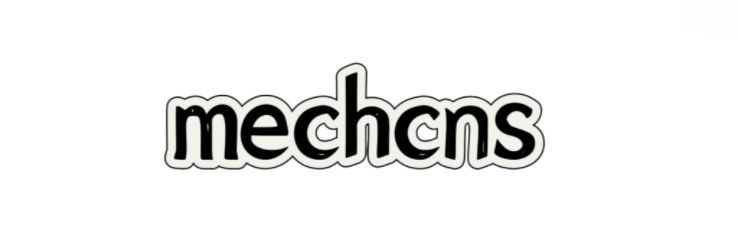Is Die Casting Mold Sustainable for the Future?
Aug. 27, 2025
The die casting industry has seen significant evolution over the past few decades, driven by growing market demands for high-quality and cost-effective manufacturing solutions. With industries ranging from automotive to aerospace increasingly relying on precision-engineered components, the role of die casting molds has never been more critical. As we navigate the complexities of sustainability in manufacturing, an important question arises: Is die casting mold sustainable for the future?
Are you interested in learning more about Die Casting Mold? Contact us today to secure an expert consultation!
Understanding Die Casting Mold
Die casting molds are precision tools used in the die casting process, where molten metal is injected into molds to create complex shapes with high accuracy. One of the core features of die casting molds is their ability to produce high volumes of uniform parts with excellent surface finishes. Various materials, including aluminum, zinc, and magnesium, can be used in this process, allowing for diverse applications across multiple sectors.
The technical parameters of die casting molds include dimensions, tolerances, and the thermal conductivity of the mold material. These molds must comply with industry standards such as ISO 9001 for quality management and ISO 14001 for environmental management, ensuring consistent performance and reduced environmental impact.
Core Advantages and Applications
The key advantages of using die casting molds are manifold. Firstly, they provide remarkable dimensional accuracy, meaning parts can fit together seamlessly, which is crucial in applications such as automotive engine components, electronic casings, and intricate machinery parts. Additionally, the durability of the molds allows for thousands of cycles before needing replacement, translating to lower production costs over time.
Die casting molds produce lightweight components, which contribute to overall energy savings in transportation and usage. Additionally, because the process minimizes waste material through near-net-shape production, organizations benefit from decreased material costs while also improving their sustainability profile. Applications of die casting molds can be found across various sectors such as automotive manufacturing, electronics, plumbing, and even in consumer goods.
User Experiences and Successful Cases
Companies leveraging advanced die casting molds have reported remarkable outcomes. For instance, a leading automotive manufacturer transitioned to die casting for its engine components. This shift resulted in not only a significant reduction in material use but also an improvement in part performance. Users have noted lower production costs and less energy consumption, attributing this to the efficient designs made possible by die casting molds.
Another success story comes from an electronics company that adopted die casting molds for the production of their product housings. By switching to this method, they achieved better heat dissipation in their devices and secured tighter fits for their internal components, enhancing both functionality and aesthetics. Client feedback highlights reduced scrap rates and an increase in overall product quality.
Future Development and Recommendations
Looking ahead, the sustainable potential of die casting molds appears promising. Innovations in material science and process automation will likely enhance the efficiency and capabilities of die casting. The integration of eco-friendly materials can further bolster the environmental credentials of die casting molds, addressing the growing concerns around sustainability.
To capitalize on these trends, industry professionals should invest in research and development to explore advancements in mold technology. Collaboration between manufacturers and academia can foster innovation and lead to breakthroughs in recycling practices for die casting molds, potentially bringing down lifecycle costs and improving environmental performance.
In conclusion, die casting molds represent a sustainable option for high-volume manufacturing. By combining precision, cost-effectiveness, and an increasingly eco-conscious approach, they have established themselves as a favorable choice for many industries.
If you're considering the implementation of die casting molds in your production line or want to learn more about their capabilities and benefits, don’t hesitate to reach out. Together, we can explore how die casting molds can enhance your operations and contribute to a sustainable future. Contact us today for more information!
For more plug gauges for checking fixturesinformation, please contact us. We will provide professional answers.
48
0
0
All Comments (0)
Previous: Die Casting Mold: Top 7 Tips for Perfect Metal Casting Results
Next: None
If you are interested in sending in a Guest Blogger Submission,welcome to write for us!



Comments